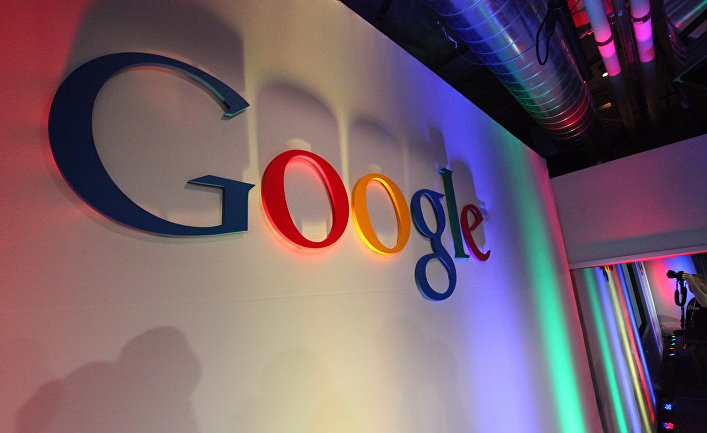Google responded that the ability to analyze correspondence using its bots has been directly prescribed in the Customer Agreement. Besides, the company's lawyers explained that it neither represents Gmail.com, nor provides e-mail services; it only places advertising through Google AdWords. The court came to a decision that it doesn't matter who reads the correspondence — a human being or a robot — if it violates the confidentiality of correspondence. Legal experts pointed out that the court unjustly decided to hold close-in accountable, and not Google headquarters.
Anton Burkov, Deputy Head of European Law Department at the Humanities University in Yekaterinburg filed a lawsuit against Google in April 2015. In 2013, he noticed that after corresponding about his trip to Strasbourg, he was targeted advertising related to tourism, acquiring visa and hotels in France. However, Zamoskvoretsky Moscow Court rejected his lawsuit against Google in April 21, 2015. At that time the representatives of Google Russia claimed that they can't represent Gmail service, and only Google Inc. in the US can be a proper defendant before the court.
The experts cited by Lenta.ru believe that Google will be at suit till the end, since most of its profits are derived from context advert technology. Google has been repeatedly criticized for reading users' personal correspondence, with the company responding, until now successfully, with the argument that text is analyzed by bots, and that no third party is privy to any confidential user information.
Currently, Google is facing charges of violations of anti-monopoly legislation by Russian Federal Anti-Monopoly Service, which accused the American company of anti-monopoly violations on the operating systems market.






